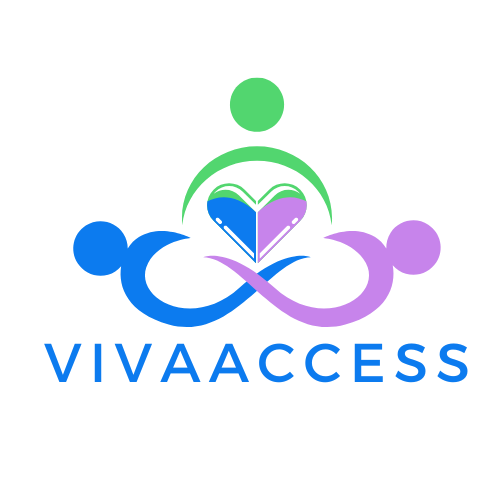What Is Intellectual Disability?
Intellectual Disability (ID), also referred to as intellectual developmental disorder or mental retardation, is a complex condition characterized by significant limitations in intellectual functioning and adaptive behavior. These limitations manifest during the developmental period and have a lasting impact on an individual’s daily life and ability to function independently.
Intellectual Functioning: Individuals with ID typically have difficulties with intellectual tasks such as reasoning, problem-solving, learning, and understanding abstract concepts. They may experience delays in cognitive development, which can affect their ability to acquire new skills and knowledge.
Adaptive Behavior: In addition to challenges with intellectual functioning, individuals with ID often exhibit limitations in adaptive behavior. This includes difficulties with practical life skills such as communication, self-care, social interaction, and independent living skills. These challenges can vary widely among individuals and may require personalized support and intervention.
Onset and Diagnosis: ID is typically diagnosed in childhood or adolescence, as the limitations in intellectual functioning and adaptive behavior become apparent. Diagnosis is based on comprehensive assessment, including standardized IQ tests, clinical observation, and evaluation of adaptive functioning. An IQ score below 70 is often used as a guideline for intellectual impairment, although diagnosis considers various factors beyond IQ scores alone.
Causes: The causes of ID can be diverse and may include genetic factors, prenatal exposure to toxins or infections, complications during childbirth, and environmental factors. Certain genetic conditions, such as Down syndrome, fragile X syndrome, and other chromosomal abnormalities, are associated with intellectual disability. Additionally, environmental factors such as malnutrition, exposure to toxins, and inadequate prenatal care can contribute to developmental delays and intellectual impairment.
Treatment and Support: While there is no cure for intellectual disability, early intervention, specialized education, and support services can significantly improve outcomes for individuals with ID. Treatment approaches may include educational interventions tailored to the individual’s needs, speech and language therapy, occupational therapy, behavioral therapy, and access to medical care and support services. The goal of treatment is to maximize the individual’s potential, promote independence, and enhance their quality of life.
In summary, intellectual disability is a complex condition characterized by limitations in intellectual functioning and adaptive behavior. Despite the challenges it presents, individuals with ID can lead fulfilling lives with appropriate support, intervention, and access to resources. Understanding, acceptance, and inclusive practices are essential for creating a society where individuals with intellectual disabilities are valued, respected, and empowered to reach their full potential.







